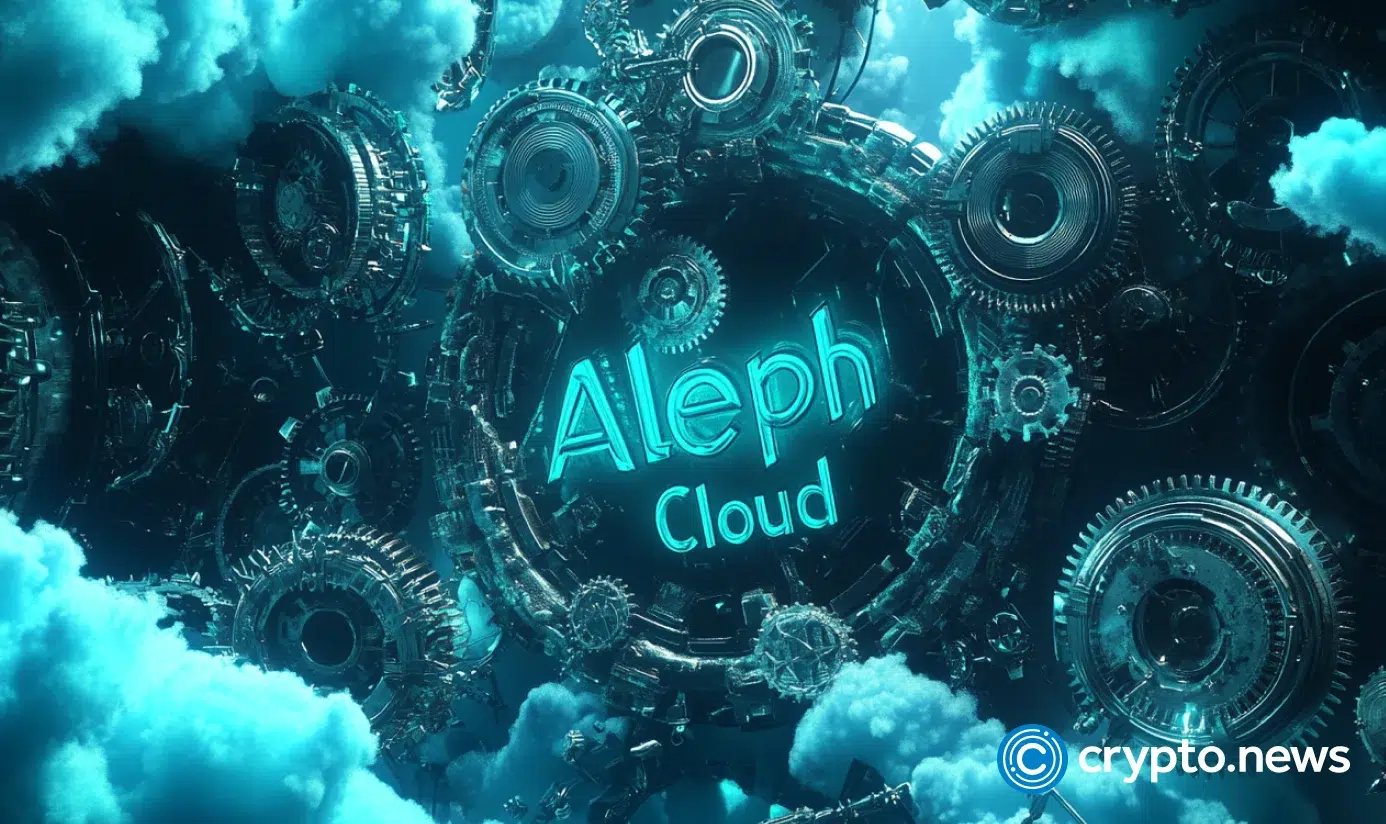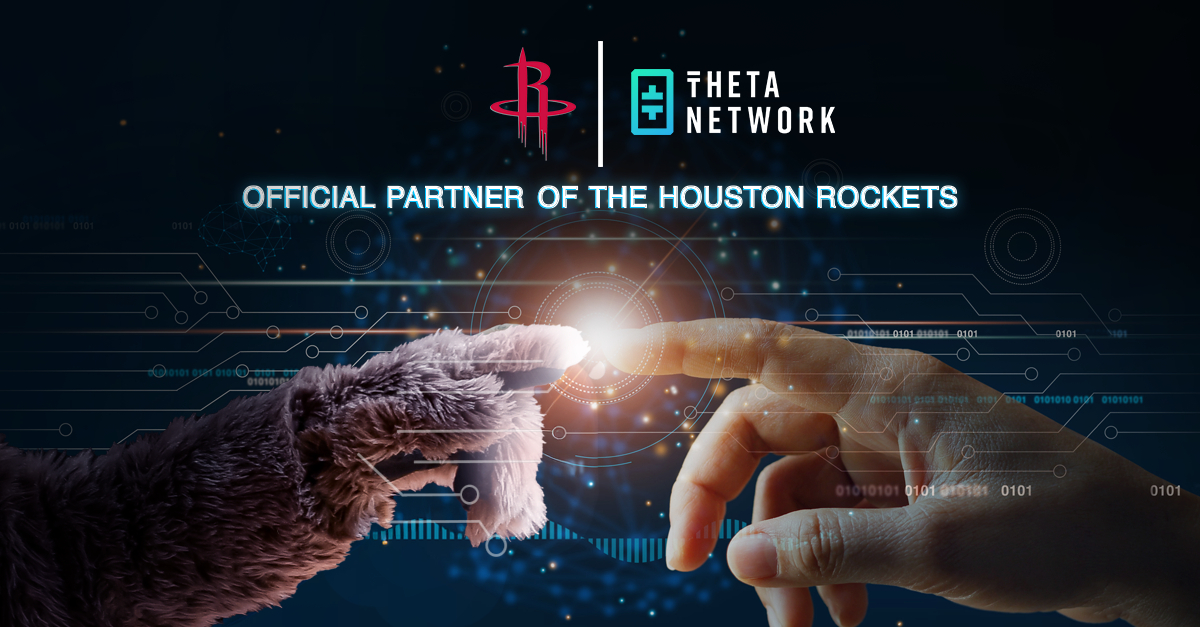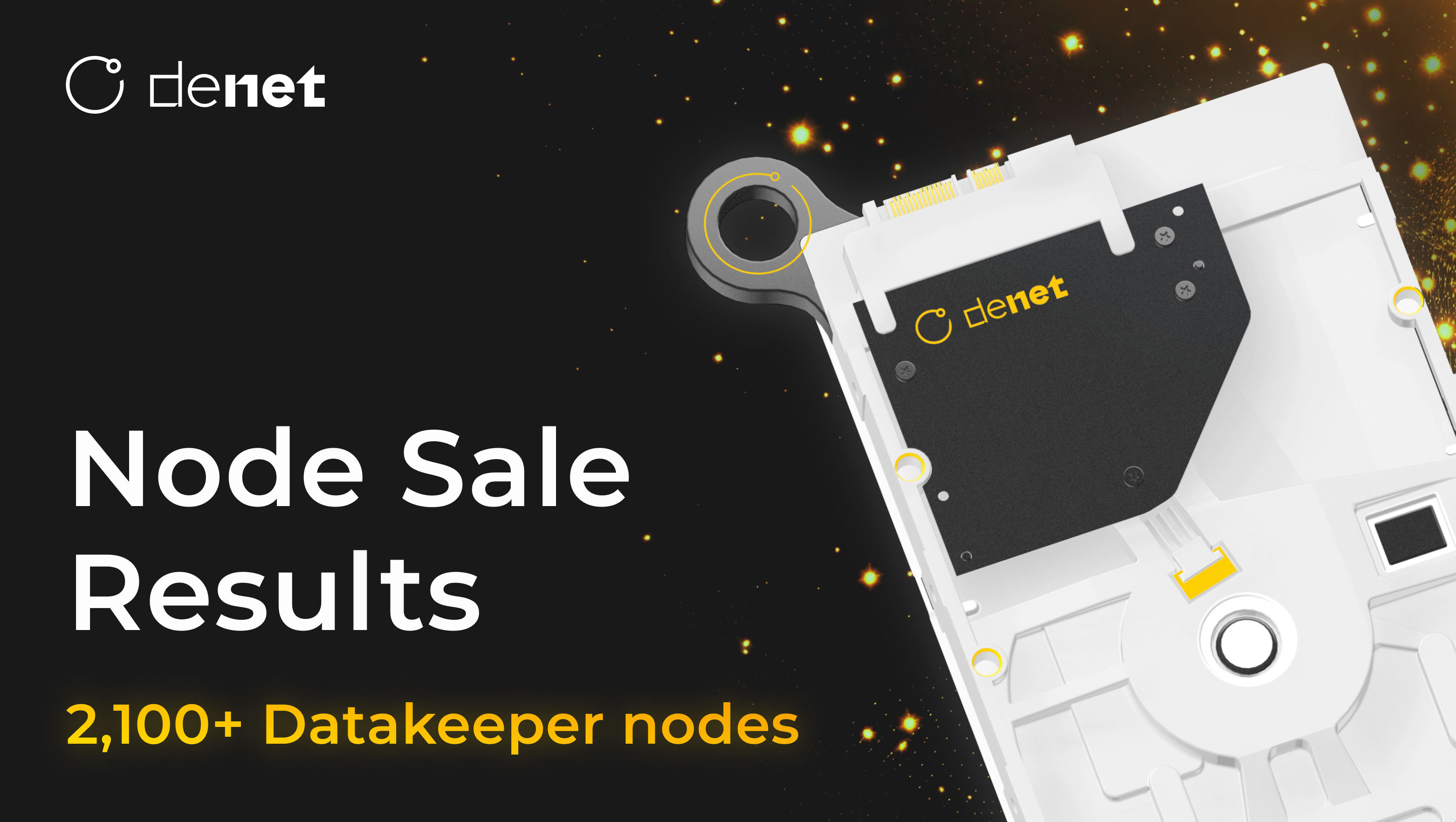Latest DePIN News

8 months ago
AT&T Partners with Helium to Enhance Decentralized Connectivity
AT&T has announced its first foray into decentralized physical infrastructure (DePIN) through a partnership with Helium, enabling customers to access a network of user-powered WiFi hotspots. This collaboration, revealed on April 24, is seen as a significant advancement in Helium's mission to provide affordable and accessible connectivity. Helium operates a decentralized wireless network where individuals deploy low-power devices called Hotspots, functioning as miniature cell towers and offering wireless coverage in exchange for token-based rewards. Currently, Helium boasts over 93,500 active Hotspots, primarily in the United States.
The partnership allows AT&T to leverage Helium's hotspot coverage via Passpoint integration, a WiFi authentication protocol that facilitates automatic and secure connections to participating hotspots. This integration enhances user connectivity, especially in areas with weak mobile signals, while allowing AT&T to expand its service footprint without the need for additional infrastructure. For Helium, this partnership increases the utility of its network and raises its profile among mainstream users. Additionally, AT&T gains access to real-time network quality metrics, providing valuable insights into performance across decentralized nodes, a level of transparency often lacking in traditional infrastructure models.
This collaboration is a notable milestone for the DePIN movement, but it is not Helium's first engagement with the telecom sector. Previously, Helium partnered with Telefónica's Movistar in Mexico, integrating its network to support connectivity for over 2.3 million subscribers. Furthermore, Helium has been enhancing its technology stack to promote broader adoption, including a licensing program for hardware manufacturers. The launch of Helium Mobile's Zero Plan in February 2025, which offers free data and talk time by utilizing Helium's decentralized network alongside T-Mobile's 5G service, marks another significant step forward for the project.

8 months ago
Spexi Geospatial Launches LayerDrone Foundation
Spexi Geospatial Launches LayerDrone Foundation
Spexi Geospatial is launching the LayerDrone Foundation and its decentralized network to encourage a community of amateur drone pilots to capture ultra-high resolution Earth imagery. The company has already seen success with its reward-driven pilots capturing over 10 million images across 2.3 million acres of Earth. The LayerDrone Network aims to further incentivize pilots by enabling next-generation spatial AI applications, from disaster response to autonomous vehicle training. CEO Bill Lakeland highlighted the platform's efficiency, capturing data at 900 times more resolution than satellites and 50 times more cost-effective than traditional methods.
COO Alec Wilson emphasized the scale of the initiative, with over 100,000 missions flown and entire cities captured using off-the-shelf drones. The foundation's launch coincides with the increasing demand for high-resolution spatial data, essential for AI and autonomous systems that require precise visual understanding of the physical world.

8 months ago
Aleph.im Rebrands to Aleph Cloud, Launches $1 Million Accelerator for Web3 Startups
Aleph.im, a prominent player in decentralized infrastructure, has officially rebranded as Aleph Cloud, marking a significant evolution in its service offerings. This transformation, announced on April 23, reflects the company's ambition to become a comprehensive decentralized cloud provider. The rebranding comes with an expanded product suite that includes decentralized compute, storage, virtual machines, and GPU resources, all aimed at supporting next-generation Web3 and AI applications. In conjunction with this rebrand, Aleph Cloud has introduced a $1 million startup accelerator program designed to assist Web3 builders and startups in moving away from centralized cloud services like AWS and Google Cloud, which currently dominate the blockchain infrastructure landscape.
The newly launched accelerator program aims to provide essential resources such as compute credits, storage, and technical support across various ecosystems, including Ethereum, Base, Solana, BSC, and Avalanche. Jonathan Schemoul, CEO of Aleph Cloud, emphasized the importance of decentralization in blockchain applications, stating that reliance on centralized services poses risks. The program is structured to support early-stage developers by offering free access to cloud services for projects with a tangible product or proof of concept, thus fostering a thriving ecosystem of decentralized applications.
Aleph Cloud’s strategy positions it as a competitor in the growing market for decentralized infrastructure, where it faces established players like Filecoin and Akash. Schemoul highlighted the platform's unique all-in-one design, which allows users to manage compute, storage, and hosting through a single interface. With a focus on compliance and data privacy, Aleph Cloud operates as a GDPR-compliant, chain-agnostic platform, ensuring that neither the company nor its node operators can access stored data. This commitment to decentralization and user privacy sets Aleph Cloud apart as it seeks to redefine the cloud services landscape for Web3 and AI developers.

8 months ago
Theta Labs and Houston Rockets Launch AI-Powered Mascot 'ClutchBot'
Theta Labs, a prominent provider of decentralized cloud infrastructure, has partnered with the Houston Rockets to introduce an innovative AI-powered mascot named "ClutchBot." This digital mascot is designed to enhance fan engagement by providing real-time information about the team, including game schedules, ticket details, player statistics, and venue information. Fans can interact with ClutchBot through the official Houston Rockets website, asking questions like "When is the next game?" or "How many championships have the Rockets won?" The AI is trained on extensive Rockets and NBA data, ensuring accurate and timely responses.
The collaboration between Theta Labs and the Houston Rockets aims to create a more immersive fan experience that transcends traditional engagement methods. By utilizing Theta's cutting-edge EdgeCloud technology, ClutchBot represents a significant advancement in how sports teams can maintain continuous, personalized interaction with their fans. This initiative not only enhances the digital experience for fans but also sets a new standard for fan engagement across professional sports, allowing supporters to feel more connected to their favorite teams.
Scheduled to launch in the fall of 2025, ClutchBot will be accessible to fans worldwide, marking a pivotal moment in the intersection of sports and AI technology. As noted by Houston Rockets President Gretchen Sheirr, this partnership will enable the team to offer a more engaging and personalized experience through their digital platforms. With backing from industry giants and a robust decentralized infrastructure, Theta Labs continues to lead in the realm of AI and media, paving the way for future innovations in sports technology.

8 months ago
CUDOS Intercloud: Pioneering Sustainable Computing for AI
CUDOS Intercloud is pioneering a new era of sustainable computing as part of the Artificial Superintelligence Alliance. The company aims to redefine the landscape of AI infrastructure by focusing on green computing practices. On April 24, 2025, CUDOS will participate in the Peace One Day #Ai2Peace event, where CEO Matt Hawkins and VP of Sales Pete Hill will discuss the importance of distributed AI infrastructure in fostering a peaceful and sustainable future. This initiative highlights the necessity of building a fair and open AI ecosystem that prioritizes environmental responsibility.
Traditional cloud computing has a significant environmental impact, with a single 1MW data center consuming millions of kilowatt-hours of electricity and vast quantities of water annually. The carbon footprint of such centralized infrastructures is immense, as evidenced by Google’s data operations consuming 27 terawatt-hours of energy in 2024 alone. CUDOS Intercloud addresses these inefficiencies by utilizing existing data centers, optimizing their capacity without the need for additional resources. This approach not only reduces costs but also minimizes the carbon footprint associated with new infrastructure development.
CUDOS Intercloud is committed to sustainability at its core, operating on 100% renewable energy and ensuring that its GPU-focused clusters utilize sustainable practices. The company has already saved significant costs by maximizing the efficiency of existing data centers and redirecting wasted energy into productive use. By joining initiatives like the Stripe Climate program and committing resources to carbon removal projects, CUDOS is not just making claims about sustainability but is actively working towards a greener future. This commitment positions CUDOS as a viable alternative to traditional Big Tech, promoting a distributed and environmentally friendly approach to cloud computing.

8 months ago
DeNet reveals expansion of its storage ecosystem with 2,100+ Datakeepers nodes
April 22, 2025 – DeNet, the leading DePIN for data storage, shares the results of its one-week Datakeeper Node Sale—a major step toward building a global, privacy-first decentralized storage network. Over 2,100 Datakeeper Nodes—licenses for storing data within the DeNet network—expanded its ecosystem.
DeNet's Datakeepers form a powerful backbone for global data storage, with an estimated collective capacity of 630 PB—enough to store 126 million HD movies. With unlimited storage per license, each Datakeeper can greatly enhance their role, further amplifying this vast capacity. As highly committed and responsible members, Datakeepers have invested significantly, with total costs averaging $14.7M for equipment and licensing fees.
Following the completed sale, DeNet is advancing to the second phase launching all nodes within its ecosystem. Datakeepers will soon be able to activate their licences within the newest DeNet Storage Protocol v4, which is 90% ready for seamless launch on any blockchain and will allow Datakeepers monetize their storage capacities.
"Since 2017, despite obstacles and market changes, we have been building a reliable decentralized data storage system based on core principles like security, transparency, and data sovereignty. Recently, there have been increasing opinions on the topic of challenges faced by centralized data centers, underscoring the critical importance of these values. Millions of users worldwide trust us. The Node Sale provided DeNet with fresh momentum for network growth. We see significant investments from our Datakeepers and it ensures we attract the most reliable and trusted participants to our ecosystem”, says Rafik Singatullin, co-founder of DeNet.
Looking ahead, DeNet has an ambitious roadmap for 2025. The ecosystem will launch on peaq, the blockchain powering the Machine Economy, and serve as a native storage layer for its ecosystem, expanding its reach across industries. DeNet also plans to introduce an enterprise solution for large-scale data needs, release an SDK to support protocol-based developments, and host a Token Generation Event (TGE) on peaq. These initiatives underscore DeNet’s commitment to driving innovation in decentralized storage.
DeNet welcomes users, businesses, and developers to join its growing ecosystem.
About DeNet:
DeNet is a programmable DePIN storage layer that taps into the worldwide potential of unused storage by tokenizing real-world asset (RWA) capacity. With over 3.5 million users entrusting 15 million files and 1.8 million Watcher Node devices worldwide, DeNet stands out as a fully operational solution, solidifying its leadership in decentralized storage.
Website: https://denet.pro/
Twitter/X: https://x.com/DeNetPro

8 months ago
Solana DEX Landscape Faces Major Shakeup as Competitors Emerge
The decentralized exchange (DEX) landscape on Solana is experiencing significant changes, with Raydium's long-standing dominance being challenged by emerging competitors. As of April 20, 2025, Raydium still holds the largest share of DEX trading volume at 31%, but this marks a steep decline from its peak of 63% earlier in the year. New platforms like Pumpfun, Orca, and SolFi are rapidly gaining traction, indicating a shift towards a more competitive environment. Pumpfun, in particular, has made a remarkable entrance, capturing 19% of the DEX volume just weeks after its launch, showcasing the potential for innovation within the Solana ecosystem.
Pumpfun's success can be attributed to its hybrid model, combining a memecoin-focused launchpad with a high-speed automated market maker (AMM). This dual functionality has attracted retail interest and provided efficient liquidity, positioning Pumpfun as a formidable player in the DEX space. However, the sustainability of its growth remains uncertain as it faces the challenge of retaining liquidity providers and attracting serious traders in a volatile market. Meanwhile, Orca and SolFi are vying for dominance in key trading pairs, with Orca slightly leading in the SOL-USD market, highlighting the competitive nature of decentralized exchanges beyond the memecoin frenzy.
Despite Raydium's declining market share, it still maintains a significant presence in the Solana DEX ecosystem. The platform must adapt to modern trading demands and innovate to retain its user base. The evolving DEX landscape presents both challenges and opportunities, with new protocols emerging and existing players striving to enhance their offerings. As the competition intensifies, the next few months will be crucial in determining whether a few dominant players will emerge or if the multi-DEX ecosystem will continue to thrive, fostering specialization and innovation in the Solana DeFi space.

8 months ago
SEC Settlement with Nova Labs Over Helium Network Dispute
SEC Settlement with Nova Labs Over Helium Network Dispute
The US Securities and Exchange Commission (SEC) recently settled a lawsuit with Nova Labs, the developer of the decentralized wireless network Helium. The agreement involved the dismissal of allegations regarding the issuance of unregistered securities and a $200,000 civil penalty. The lawsuit, filed in January 2025 during former Chair Gary Gensler's tenure, marked one of the SEC's final enforcement actions against a cryptocurrency developer before his departure. The settlement, which includes a dismissal with prejudice, signifies that Nova Labs cannot face similar charges related to the issuance of its native token Helium (HNT) in 2019. The company clarified in an April 10 blog post that the distribution of HNT, IOT, and MOBILE tokens through the Helium Network is not considered securities, as confirmed by the outcome of the settlement.
Nova Labs also agreed to pay the SEC $200,000 to settle civil securities fraud charges without admitting or denying wrongdoing. This development highlights the evolving regulatory landscape in the crypto industry and the implications for blockchain developers and token issuers.

8 months ago
AI Unbundled: Advancing AI Innovation in Web3
AI Unbundled: Advancing AI Innovation in Web3
Aethir, a pioneer in decentralized cloud infrastructure for AI and gaming, has launched 'AI Unbundled,' a new industry alliance aimed at advancing artificial intelligence innovation within the web3 ecosystem. The initiative aims to streamline access to critical infrastructure for AI development, providing AI startups with funding, access to decentralized resources, and opportunities for collaboration through co-branded events. Through AI Unbundled, AI builders can tap into high-performance, cost-efficient infrastructure crucial for training and deploying advanced models.
The alliance, led by Aethir, brings together key decentralized infrastructure providers, blockchain networks, and investment firms such as 0G Labs, Biconomy, Polyhedra, Oasis Protocol Foundation, and more. AI startups can benefit from joint grant funding, subsidized access to decentralized GPU infrastructure, and access to tools like ERC-7857 for securing AI agents. The program also includes industry events, workshops, hackathons, and shared resource hubs for ecosystem introductions and technical mentorship.

8 months ago
AI: The Next Frontier in Sports Fandom
Artificial intelligence (AI) is making significant inroads into various industries, but according to Mitch Liu, CEO of Theta Labs, the sports fandom sector represents a particularly promising frontier. Unlike other fields where AI primarily automates tasks, sports offer a unique opportunity for AI to enhance the fan experience. With structured data such as statistics, schedules, and performance metrics, AI can analyze and present information in ways that resonate with fans. The cyclical nature of sports seasons allows for continuous data collection and feature testing, making it an ideal environment for AI integration.
Recent studies indicate that AI is already transforming the sports landscape through improved analytics and personalized fan interactions. For instance, the NFL's Digital Athlete program utilizes machine learning to assess player data and predict injury risks, which not only safeguards athletes but also enriches fans' understanding of the game. Additionally, NHL teams like the Vegas Golden Knights and New Jersey Devils have partnered with Theta Labs to create AI-powered chatbots that assist fans with inquiries about games, tickets, and team news. These innovations are enhancing the fan experience by providing timely, accurate information through interactive platforms.
The potential for AI in sports extends beyond traditional leagues to esports, where digitally native environments offer even greater opportunities for engagement. AI can facilitate hyper-personalized experiences, catering to both casual and dedicated fans by providing tailored insights based on real-time game data. However, sports organizations must implement these technologies thoughtfully, ensuring they augment rather than replace the core emotional elements of fandom. As AI continues to evolve, the sports industry stands at the cusp of a transformative era, with the potential to redefine how fans interact with their favorite teams and enhance the overall experience of sports consumption.
Signup for latest DePIN news and updates